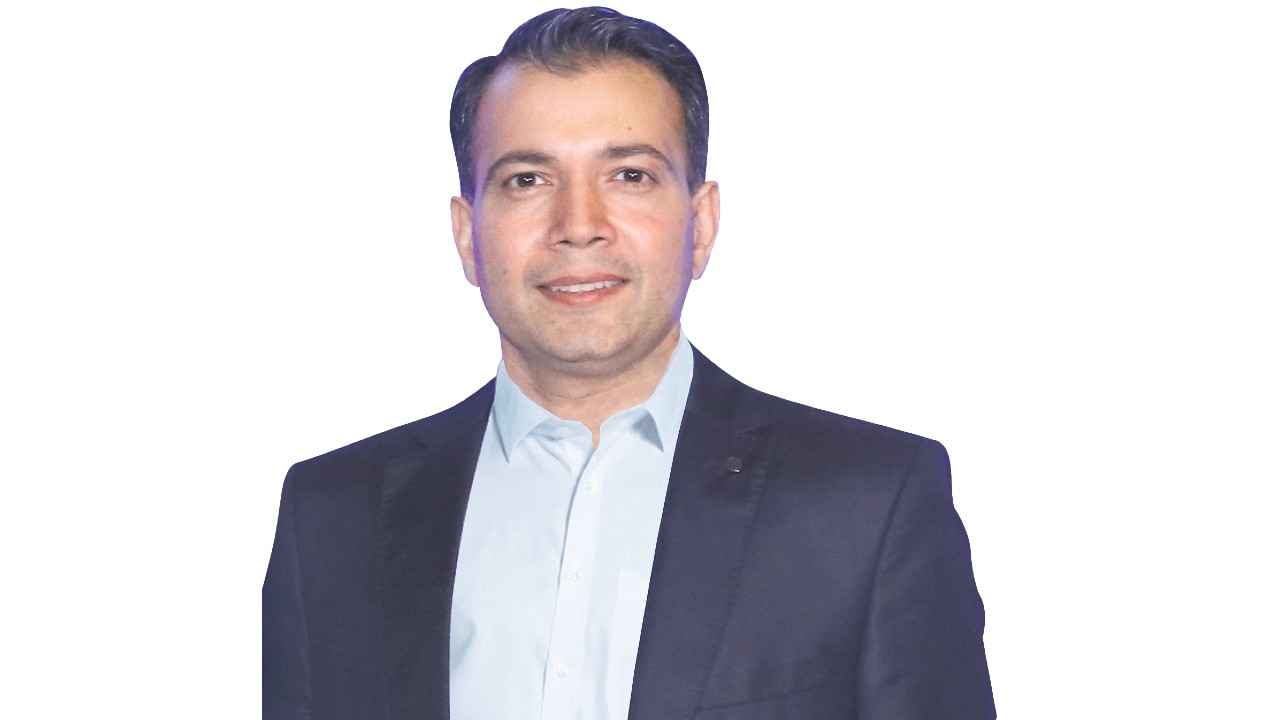Kumaar Bagrodia of NeuroLeap talks about how Brain Computer Interfaces help with fitter brains and better mental health

We're celebrating our 20th birthday this month, and we've invited industry experts, researchers and scientists to write in and paint a vision of the future, 20 years from now. Here's what Kumaar Bagrodia – Founder, CEO had to share about his vision of the future.
Humankind is going through a crisis that will change the way we work and live. if the current trends are anything to go by, people will give top priority to health & wellness going forward.
A WHO report had earlier indicated that ~20% of the population in India is suffering from mental health issues. Current events will not make it any better.
Importance of mental health as a priority not just for the general feeling of happiness and wellbeing but also as a scientifically proven pre cursor to better physical health and disease prevention will become more widespread and appreciated by even the mainstream of hospitals, surgeons, doctors.
Health insurers and governments will increasingly find that prevention is way cheaper than cure and hence invest in or reimburse such products and services. Addictions and dependencies to opioids, performance enhancement substances, psychedelics might rise for a period before the population realizes that what were sold as magic pills or potions are the new problems they need to wean themselves off.
Advances in neuroscience over the last few decades have been steadily providing people with astounding opportunities in the pursuit of understanding their brain function and enhancing it.
It is important to understand that the mind and brain are not one and the same. The mind is an intangible manifestation but the brain is a physical organ which is most responsible for our thoughts, emotions, actions, memory, fears, imagination and more. The brain has around a 100 trillion neuron connections and is constantly generating electrical activity to enable to us perform all physical and ‘mental’ activities – even dreaming whilst we are asleep. We can now measure and help improve it’s functioning in a scientific manner.
This involves using a Brain Computer Interface (BCI): a host of sensors, sophisticated hardware, software that connect the brain to a computer so that the natural electrical activity in the brain (brainwaves) can be acquired and analysed.
BCIs provide an evidence based, risk free approach, proven to have helped businessmen, athletes, celebrities, students and just about anyone in enhancing all aspects of their performance. The most advanced ones are developed in the US with support of DARPA (Defence Advanced Research Projects Agency), and the US Department of Defense.
There are several type of BCIs, invasive – which require inserting sensors or stimulators physically inside the brain; Non invasive – which need the sensors only to be placed on the scalp without any invasive procedure whatsoever.
The non invasive tech could even evolve to levels which don’t even require contact or even be placed on the head. There is already a booming number of startups with low cost – low efficacy devices for curious users at home promising better meditation or sleep or calmness. A lot of the snake oil will make way to serious tech with real outcomes. The real deep tech will need professionals with expertise and experience of understanding the neurometric data and using it to assess and enhance client brain functions. The number of hardware players will then vie for the right consumer connects, understanding of their brain data and servicing them with appropriate personalised solutions.
Invasive solutions such as Elon Musk’s Neuralink and others which provide deep brain stimulation could prove to be a boon for patients who have severe neurological and mental health disorders or are paralysed to be able to communicate, even use prosthetics and control external devices. They could also be used by healthy individuals wanting additional computing power attached to their brains – to store and access data: memories, contacts or even watch movies or talk to someone
without a mobile phone.
Growth of BCIs in India does face challenges in terms of access to futuristic materials and talent – requires understanding of data science, neural pathways, nuanced experience of using it with different mental health issues. There are archaic versions which use very few sensors which limit the quality of data and which use game playing which rely on the conscious mind and are no good. Furthermore, like all disruptive technologies in history that have reduced the importance of existing gatekeepers, here too the mainstream medicine thriving on years of psychiatric drugs prescriptions or ‘therapy’ will continue to resist whilst they can. The wise and prudent though have adopted and are safely enhancing themselves.
For mental health patients, this will be an era where BCI will fill the huge gap between neurology, psychology, psychiatry and pharmacology – limited treatment options, patient experience in terms of adverse side effects, low efficacy and effectiveness of therapy. BCI will also become mainstream for wider, healthy populations from a wellness and disease prevention perspective and empower many to lead healthier, happier lives, fitter brains with enhanced cognitive and emotional abilities.
By – Kumaar Bagrodia, Founder and CEO of NeuroLeap
To read what other industry leaders and experts have to say about the future in their respective fields, visit our 20th Anniversary Microsite
Industry leader
Contributions from industry leaders and visionaries on trends, disruptions and advancements that they predict for the future View Full Profile




